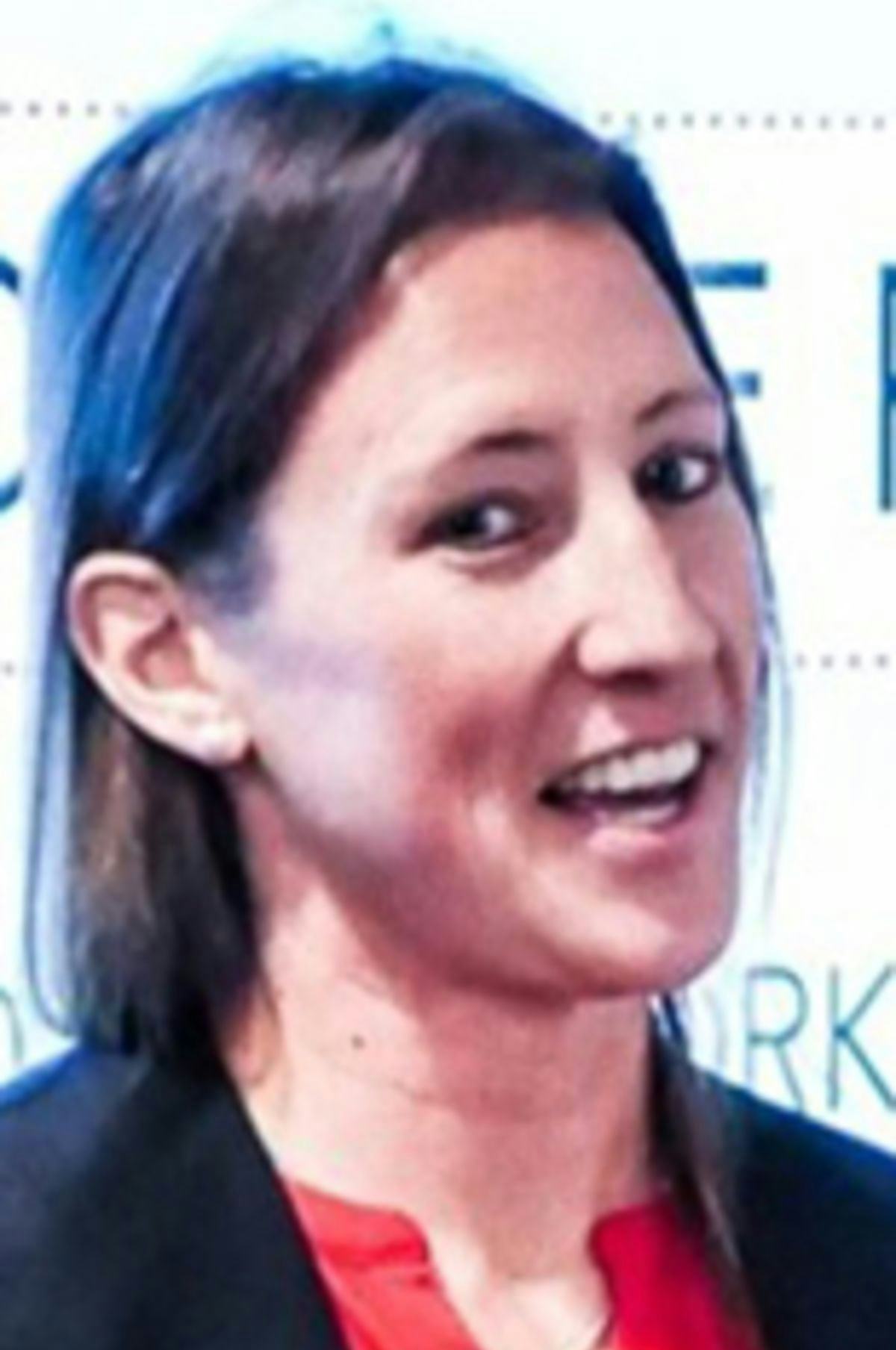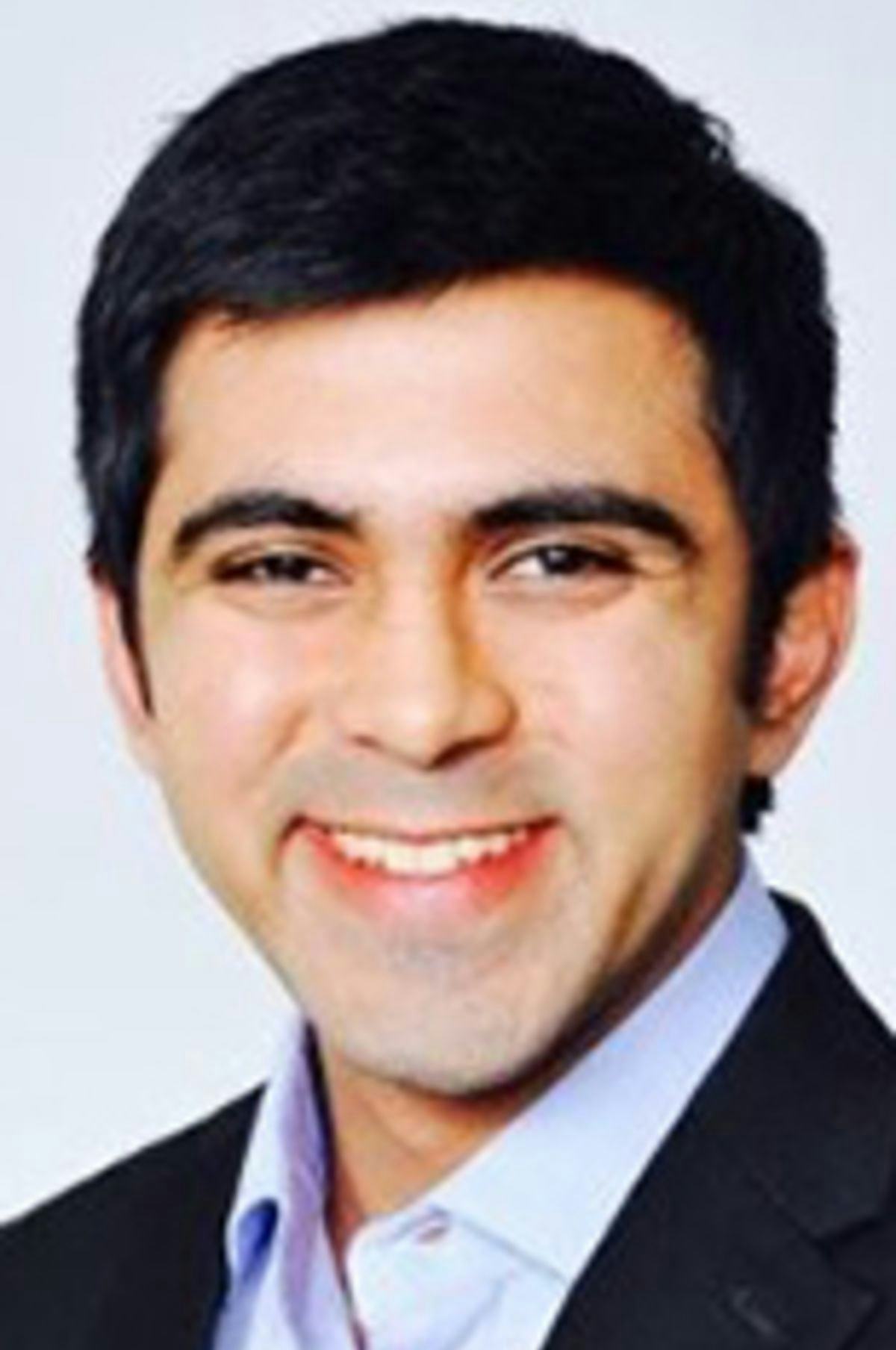Code Dependent: The Changing, Tech-Focused Set of Skills Needed for Career Success
PwC Employees Share Early Career Insights with Researchers for Stevens-Led Initiative to Reboot Management Curricula Worldwide
There’s plenty of apprehension about automation in the workplace. But when Myha Riley was exposed to bots in her role as tax manager at PwC, she welcomed them with open arms.
“I know some people were a little nervous, but I remember thinking it was so exciting,” she said. “As soon as I had the opportunity to be a part of a demo group to try out the robotic process automation, I jumped at it.”
Riley was among the PwC employees who shared their digital journeys with members of academia during a recent virtual summit for MaCuDE, an AACSB International Affinity Group initiative to reimagine the business education for the digital era.
Short for Management Curriculum for the Digital Era, MaCuDE is led by the School of Business at Stevens Institute of Technology, with sponsorship support from PwC and participation from more than 100 business schools. The initiative developed in response to technology’s impact on the continuously changing nature of work, which is requiring professionals to be lifelong learners in order to keep pace. By surveying both industry and academia, MaCuDE is working to identify the foundational skills that can equip graduates to successfully adapt to disruption throughout their careers.
Learning the data-basics
Many business students, including those at Stevens, are now taught how to code in college through classes and bootcamps. But, for Riley, the transition to this new robotic process automation might have been easier if she had learned some basic coding skills in college. “It would’ve made learning all these other analytics and data processing tools that much smoother,” she said.
Being able to work with data is an integral skill for many professionals, including assurance senior manager Amy Glowatz, who came to PwC with a traditional accounting background but had the opportunity to upskill on the job.
“In an audit, we get very large, unstructured data files from our clients, and having the ability to wrangle and clean up that data to understand it is a huge skill that I’ve learned,” she said, adding that the data analysis and visualization techniques she gained have enabled her to “tell the story of that data.”
The soft skills side of data is becoming an increasingly important complement to the technical knowledge required of employees. Tanay Rajore, who joined PwC’s advisory practice right out of undergrad, said colleges should focus more on “how the technical knowledge can be used to effectively communicate analyses to clients and peers.”
“You learn all these technical skills, but I wish I would’ve learned how you add the human aspect to these skills to give myself real value out there in the workplace,” Rajore said. “That would’ve equipped me better out of college to present my technical analyses in a way that everyone can understand.”
The ability to communicate technology is especially necessary for managers who want to encourage upskilling among employees. Rachel Massa has a background in computer science, but as part of PwC’s internal firm services, she needs to help drive adoption of new skills across her 80-person team. Promoting this sort of agility can be challenging, but Massa said if there’s one thing she’s learned in the past few months, it’s that people are more capable of change than they think.
“For years, I’ve been telling my husband he could work from home, and it took a global pandemic for him to realize he could,” she said.
Education in action
The PwC panelists were a featured part of the first MaCuDE summit. Leaders from the discipline-specific groups examining the digital revolution in areas including accounting, management, IT and finance presented their findings, which focused on surveying state-of-the-art practices at universities worldwide. The second phase of MaCuDE’s work, now in progress, is looking at these questions from the perspective of industry, in terms of specific skills needed not only by new employees to onboard effectively, but to help them ride tech-born changes throughout their careers.
Dr. Gregory Prastacos, dean of the School of Business and principal investigator for MaCuDE, said the comments from PwC’s employees added validation to the work the initiative is conducting.
“PwC is a leader in recognizing the need for digital upskilling, and because it has clients in every industry category, it’s very plugged in to the size of the challenge — as well as the opportunity — that technology creates,” Dr. Prastacos said. “The enthusiasm of these young professionals, as well as their determination in finding ways to augment their college educations with a newer set of skills, is inspiring and a good reminder of the hunger for knowledge that’s out there in the real world.”
Note: Questions regarding PwC’s participation in this project can be directed to us_[email protected].
Master's Business Programs Graduate Business Certificates School of Business






